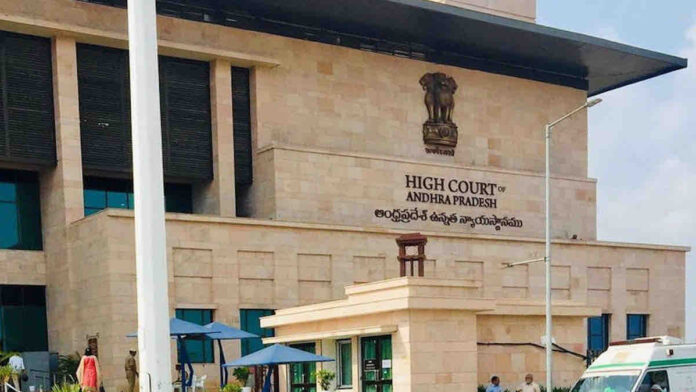In a significant judgment underscoring the importance of exhausting statutory remedies, the Andhra Pradesh High Court dismissed two Civil Revision Petitions (CRP Nos. 2937 of 2024 and 569 of 2020). The decision, delivered by a bench comprising Justice Ravi Nath Tilhari and Justice Challa Gunaranjan, emphasized the doctrine of alternate remedies and judicial restraint in
To Read More Please Subscribe to VIP Membership for Unlimited Access to All the Articles, Download Available Copies of Judgments/Order, Acess to Central/State Bare Acts, Advertisement Free Content, Access to More than 4000 Legal Drafts( Readymade Editable Formats of Suits, Petitions, Writs, Legal Notices, Divorce Petitions, 138 Notices, Bail Applications etc.) in Hindi and English.




